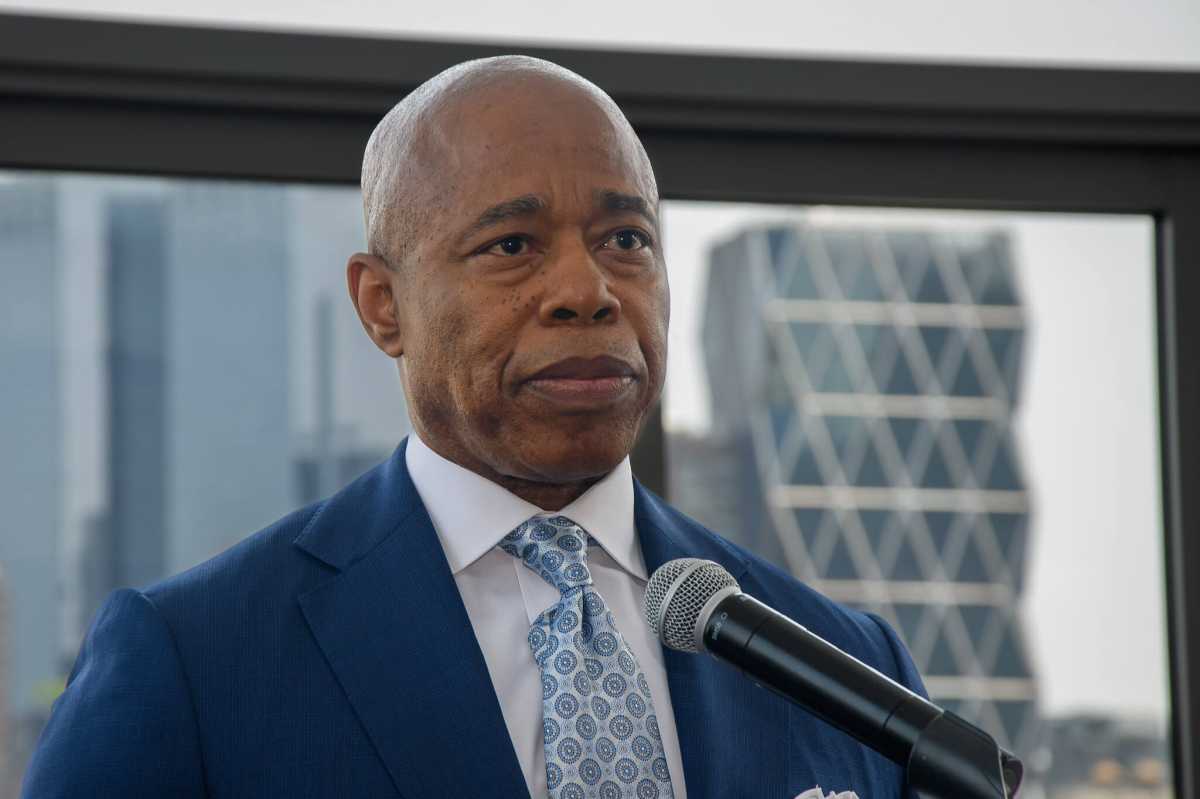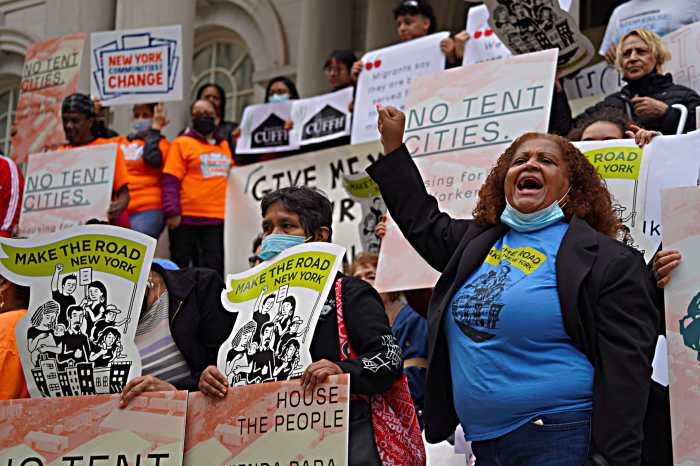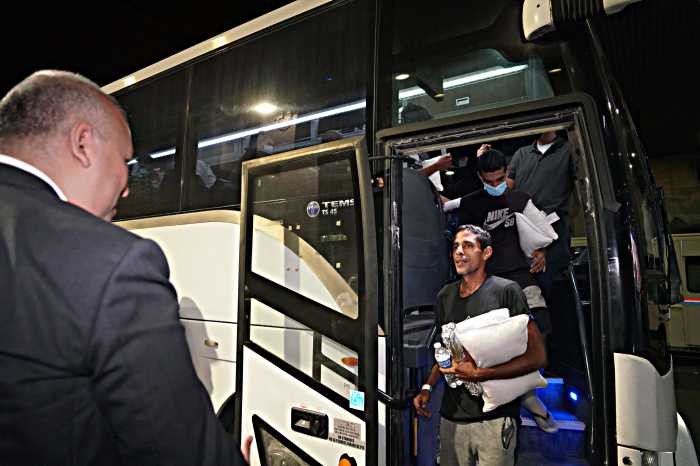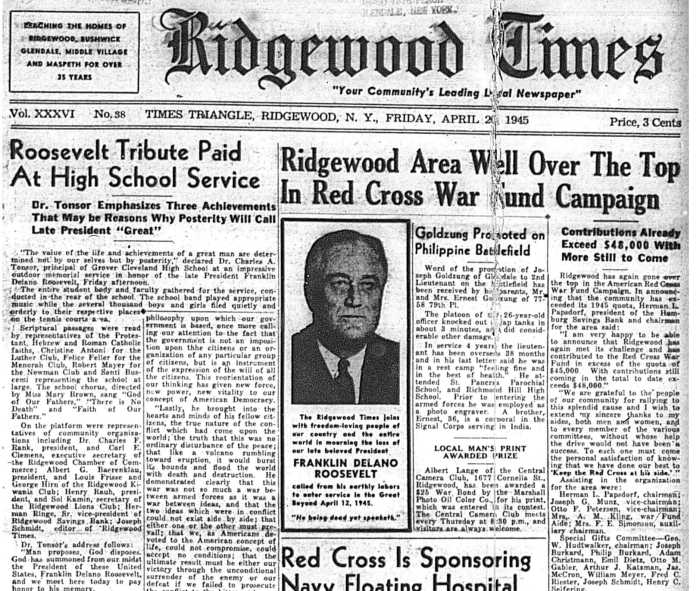The Adams administration on Tuesday filed legal motions seeking to modify the city’s legal right-to-shelter, aiming to exempt the city from the obligation when it “lacks the resources and capacity” to provide shelter to everyone in need of it.
If approved by Manhattan Supreme Court Judge Deborah Kaplan, the move would modify the 1984 Callahan v. Carey consent decree to absolve the city of its legal obligation provide shelter to any single adult seeking it when the city “lacks the resources and capacity to establish and maintain sufficient shelter sites, staffing, and security to provide safe and appropriate shelter.”
The move, which would upend decades of city law, comes as the administration struggles to handle an influx of asylum seekers from Latin America that has strained the city’s shelter system and burned a massive hole in its budget. About 70,000 migrants have arrived in New York since last year; city and state leaders are begging for relief from the federal government to little avail, while Adams has made controversial moves to house them like busing them upstate or placing them in high school gyms.
On Tuesday, the mayor denied that the court petition was seeking to end the right to shelter.
“From the start, let us be clear, that we are in no way seeking to end of the right to shelter,” said Hizzoner. “Today’s action will allow us to get clarity from the court and preserve the right to shelter for the tens of thousands in our care — both previously unhoused individuals and asylum seekers. Given that we’re unable to provide care for an unlimited number of people and are already overextended, it is in the best interest of everyone, including those seeking to come to the United States, to be upfront that New York City cannot single-handedly provide care to everyone crossing our border.”
Adams said that the parties that decided Callahan back in the 1980s could not have foreseen the situation the city now finds itself in, where a mass influx of people arrive on the city’s doorstep in need of shelter and resources.
“When the original Callahan consent decree came down almost 40 years ago, no one could have contemplated, foresaw, or even remotely imagined a mass influx of individuals entering our system — more than doubling our census count in slightly over a year,” the mayor added. “Our city has done more to support asylum seekers than any other city in the nation, but the unfortunate reality is that the city has extended itself further than its resources will allow.”
The administration has estimated the migrant crisis could cost the city $4.3 billion or more by next summer, but those figures have been disputed by the city’s Independent Budget Office as a likely overestimate.
The Legal Aid Society and the Coalition for the Homeless, which monitor the city’s compliance with right-to-shelter, lambasted the administration for its decision.
“For more than 40 years, Callahan has served as a lifeline for countless New Yorkers seeking shelter and critical services,” the two groups said in a joint statement. “The Administration’s request to suspend the long-established State constitutional right that protects our clients from the elements is not who we are as a city. New Yorkers do not want to see anyone, including asylum seekers, relegated to the streets. We will vigorously oppose any motion from this Administration that seeks to undo these fundamental protections that have long defined our city.”
New York’s right-to-shelter is the only one of its kind among major American cities. It has been a stalwart of city law for four decades, but has never been codified by lawmakers.
This month, the mayor signed an executive order suspending part of the right to shelter that set deadlines for providing beds to unhoused people and to keep families housed together in units with bathrooms and kitchens.
Last month, the City Council unanimously approved a “Homeless Bill of Rights” that would direct the Department of Homeless Services to create a formal “statement of rights” for residents of homeless shelters, including the right to shelter and the right to sleep outside. Mayor Adams, who has stepped up sweeps of homeless encampments, has not taken a position on the bill.
Correction: this story has been amended to more accurately describe the Homeless Bill of Rights.



































